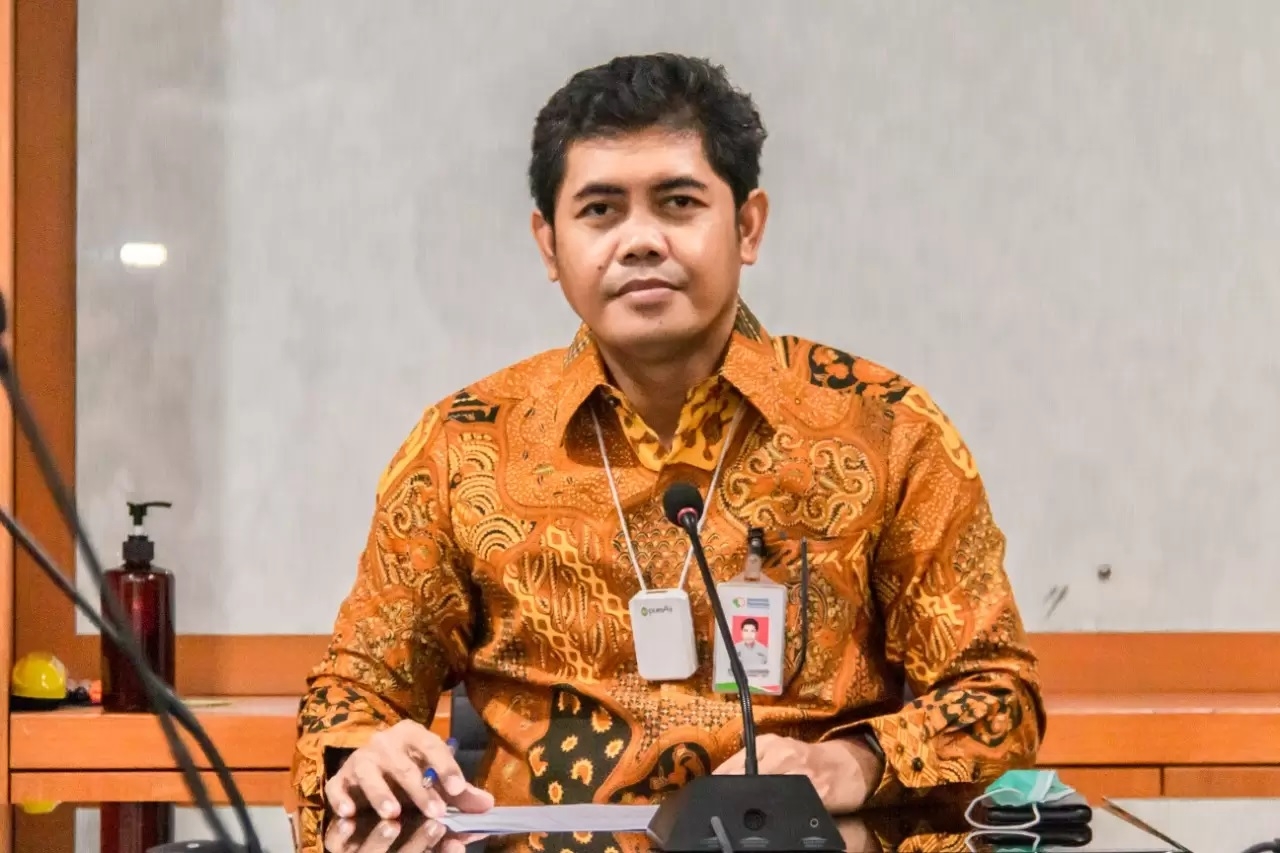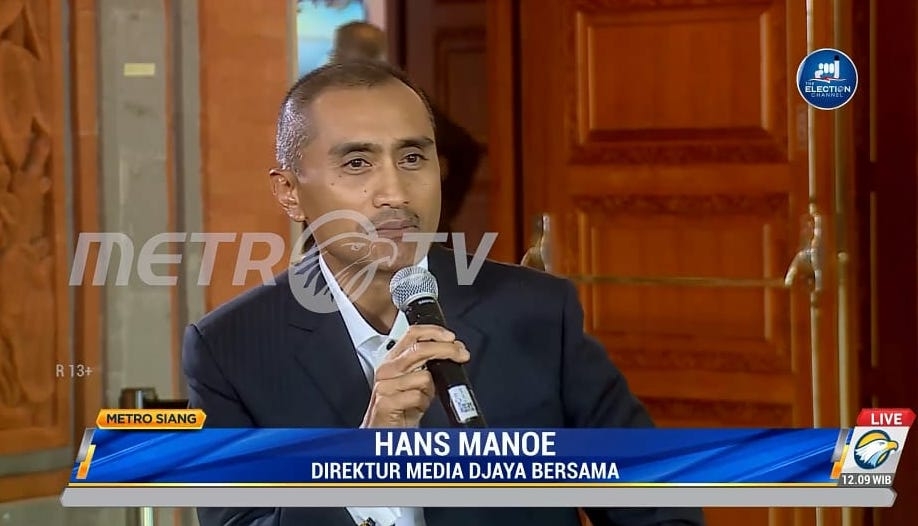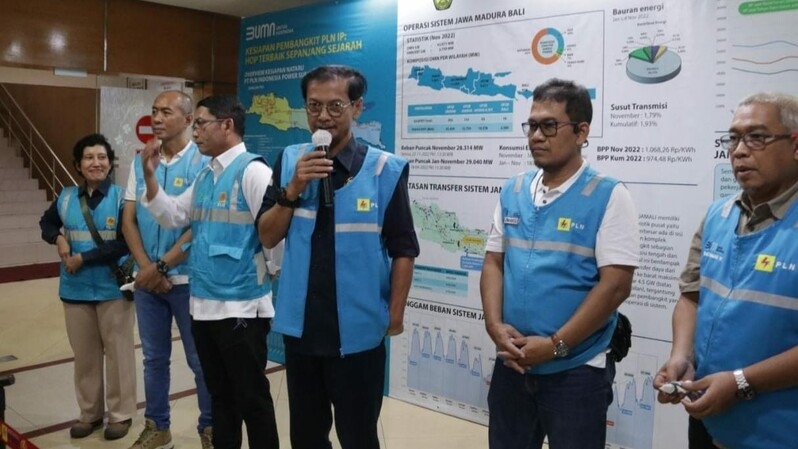Indonesian Government Encourages Development of Nickel-Based Downstream Industry in Morowali, Central Sulawesi
Thu 29 Jun 2023, 08:00 AM
Share

The Indonesian government, along with members of parliament and the Ministry of Industry, is actively promoting the development of the stainless steel-based industry in the regency of Morowali. Following the successful establishment of the nickel downstream industry in the region, authorities are now seeking to attract investors and industrialists to invest in this sector.
Eko S.A. Cahyanto, the Director General of the Industry Ministry, expressed his ministry's dedication to pursuing such investments during a parliamentary hearing on June 21, 2023. He emphasized the importance of expanding the nickel downstream industry in Morowali, stating, "This is what we continue to chase."
Last year, the Ministry of Industry requested one of the tenants of the nickel's industrial estate, Indonesia Morowali Industrial Park, to provide raw materials for Jindal, an Indian kitchen appliance company. This partnership enabled Jindal to produce stainless steel for household appliances, marking a significant milestone.
Indonesia Morowali Industrial Park (IMIP) serves as a major industrial park housing various nickel-related industries in Morowali Regency. It is the largest nickel processing site in Indonesia, which happens to be the world's top nickel producer. The park operates as a joint venture between Indonesian mining company Bintang Delapan Group and the Chinese firm Tsingshan Holding Group. Irsan Wijata, the Director of Operation at IMIP, highlighted that the industrial park's tenants and companies produce four clusters of products, including nickel pig iron, stainless steel slabs, stainless steel hot rolled coil, and stainless steel hot annealing pickling line.
Cahyanto further explained that the development of nickel-based industrialization in Morowali would progress according to the industry ministry's roadmap. "We will develop industrialization gradually based on the roadmap," he stated.
Liliek Widodo, the Director of Metal Industry at the Ministry of Industry, shared that the ministry has been actively encouraging producers of nickel-based products to meet the raw material demands of industries in Java, particularly the stove industry and electric-based product manufacturers. He added, "We will compile a plan for the development of downstream industry in Morowali as a follow-up to the development of the nickel downstream industry."
Adian Napitupulu, a member of House Commission VII, previously highlighted the presence of nickel-based stainless steel production in Morowali for the past five years. However, there has been a lack of stainless steel-based industrialization in the region, with all stainless steel products being shipped to Java. Napitupulu emphasized the need for the Ministry of Industry to actively encourage and support the development of industrialization in Sulawesi.
As a policy maker, Napitupulu expressed hope that the Ministry of Industry would facilitate industrialization in Morowali, including inviting small and medium enterprises to produce stainless steel-based kitchen utensils such as spoons and pans. He remarked, "We have been independent for 70 years, but we still import spoons."
Sugeng Suparwoto, Chairman of the House's Commission VII, voiced concerns about Indonesia potentially depleting its natural resources, such as nickel, if the country solely focuses on exporting raw materials without developing local industries. He emphasized the need to add higher value to these resources and suggested that IMIP could collaborate with lithium and cobalt producers to manufacture batteries, considering nickel's significant role in energy storage.
With the government's encouragement and support, Morowali aims to harness the potential of the nickel-based downstream industry, paving the way for economic growth, technological advancement, and increased self-sufficiency in the region.
Image source: Enimtv.com







